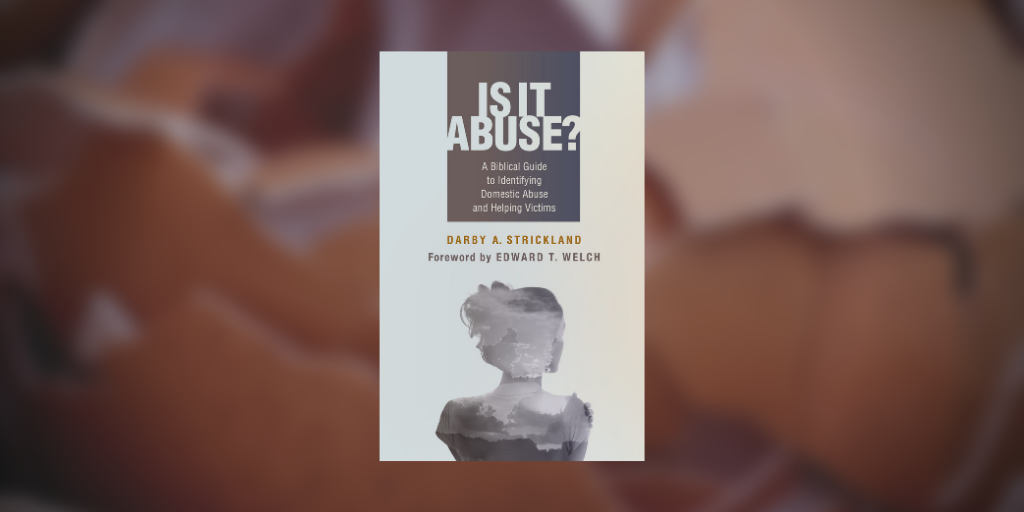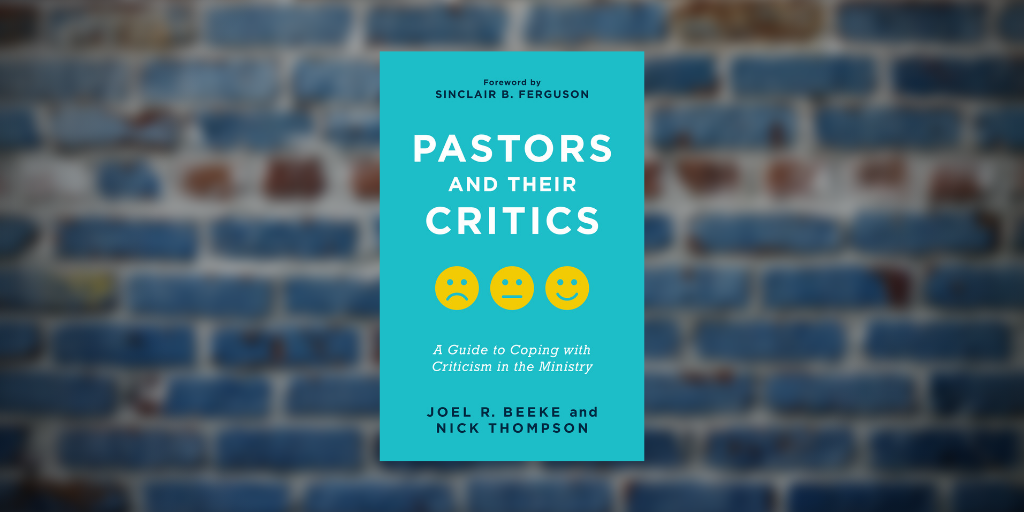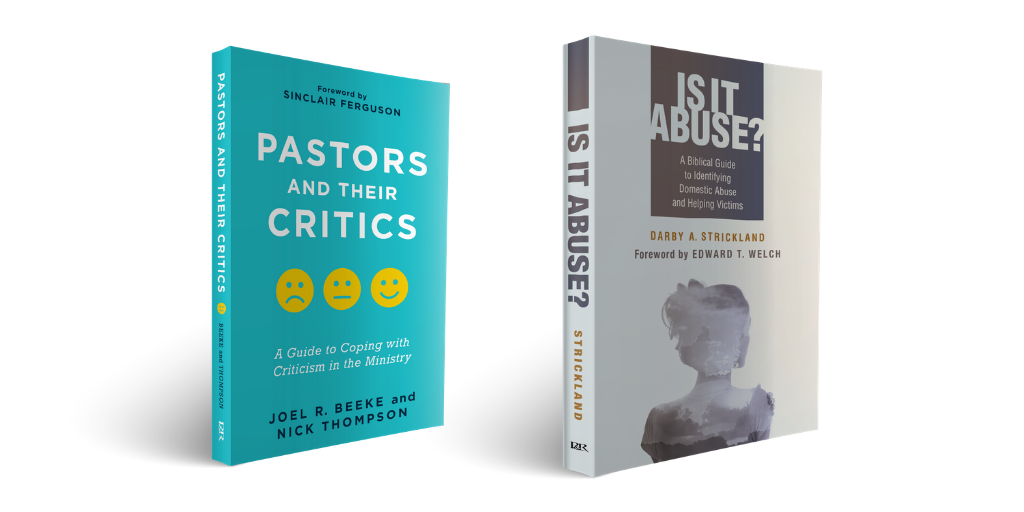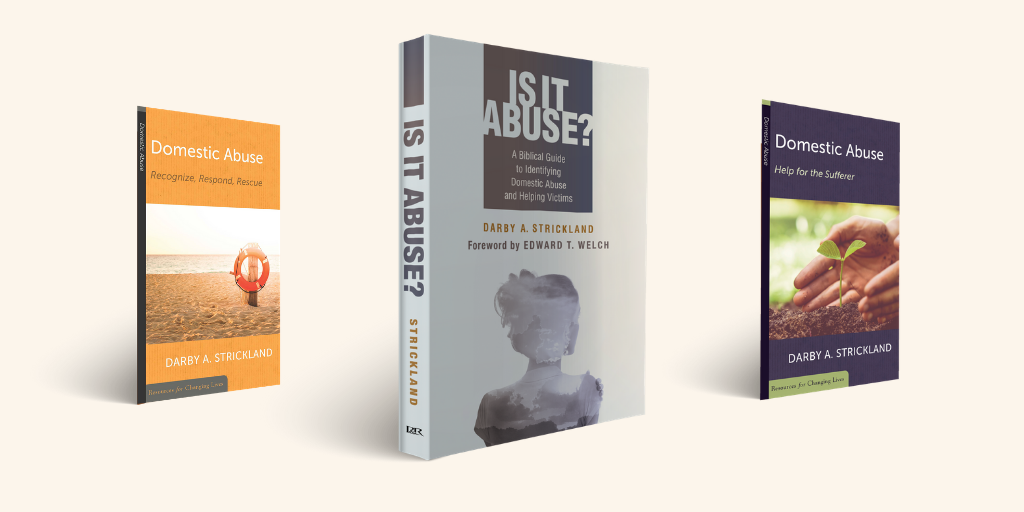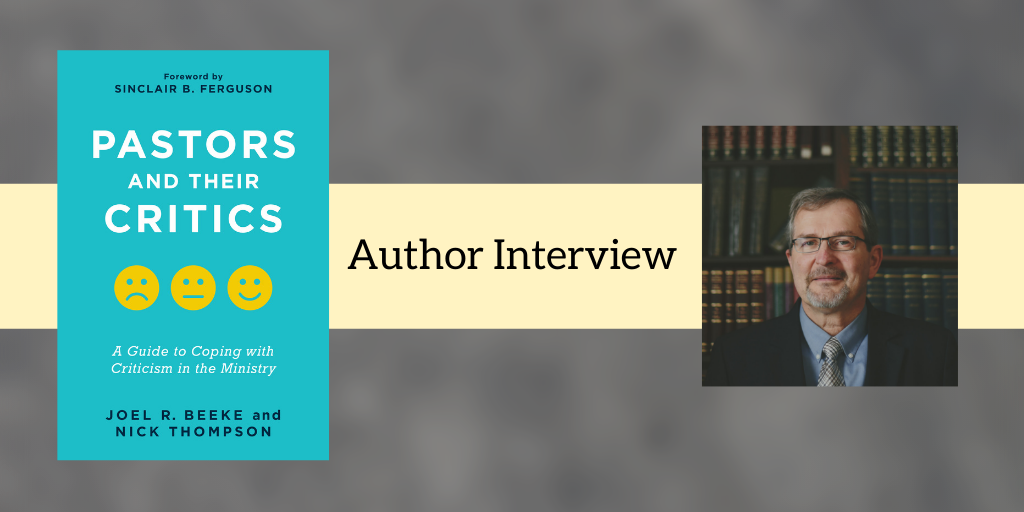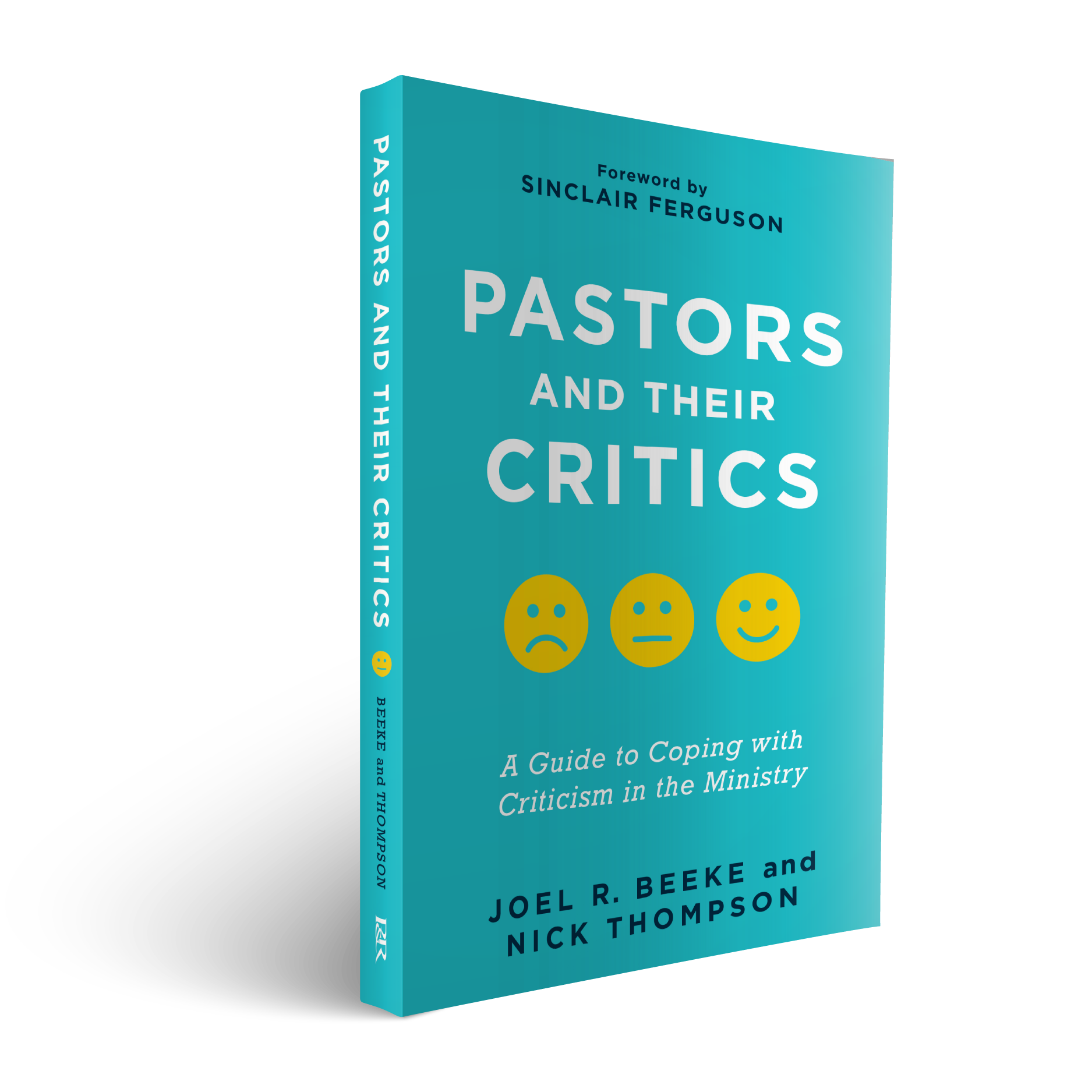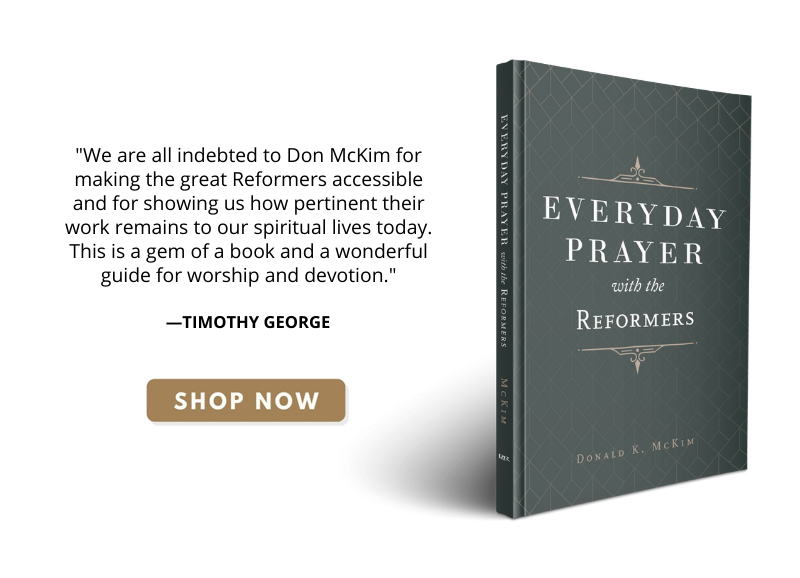Which one of us does not want to bring relief to the people we love who are suffering? Compassion and care are two ways Christians shine the light of Christ into this broken world. God seeks to protect the vulnerable, and we, when we are in Christ, are drawn to do the same. Even in our fallen state, we cannot help but notice injustices. And the more we read God’s Word, the more we long to protect the vulnerable as God’s concerns become our concerns.
To offer wise and helpful counsel, we have to understand the suffering that we encounter. I believe that if we fully knew the horrors going on inside a victim’s home, we would feel compelled to be part of God’s rescue for them. If we saw the domination and destruction taking place, we could easily name the particular sins and see dozens of places in Scripture that speak to their oppression and suffering. The problem is that we do not see domestic abuse happening. Consequently, we fail to understand it.
In my ministry to victims of domestic abuse, I spend quite a bit of time educating church leaders on how they can provide protection and care for the victims in their midst. When I ask for help and support, I typically come up against five common myths. Each wrongly held position holds the potential to lead to unhelpful—even harmful—counsel being offered. In Galatians, we learn that “a little leaven leavens the whole lump” (Gal. 5:9). In other words, it only takes a tiny kernel of false teaching to spoil the outcome completely. Knowing that most of us would never set out to harm the vulnerable God has entrusted to us, I want to debunk these myths so that your care of victims is wise and compassionate.
- MYTH 1: ABUSE IS AN ANGER PROBLEM. Many believe that people do abusive things when they are angry; they become so fed up that they lose control. But the opposite is true. Oppressive people use punishing behaviors to establish and maintain control over their victims. They are not out of control. They are using control to get their world the way they want it. Like the bad kings we regularly encounter in the Old Testament, they are plotting to establish their kingdoms, glory, and comforts without regard for those God entrusted to them. Abusers rarely show anger when frustrated in public. Abusers are very selective about who witnesses their rage. Their abuse always serves their agenda, and if we fail to understand the purposefulness at play, we fail victims when we try to help them.
- MYTH 2: ABUSE IS A MARRIAGE PROBLEM. Yes, every marriage involves two idolatrous sinners, but it is the oppressor’s sin pattern that leads them to seek to control and dominate their spouse. The oppressed spouse is powerless to make the domination stop, and they are not responsible for their spouse’s sin (see Matt. 15:18). Now, abuse can undoubtedly cause a marriage problem, but it is not a relationally based problem. No amount of trying to improve the relationship will adequately address the idolatrous heart that seeks to oppress the other. Treating an abusive marriage as though it is a typical marriage can place a victim in danger since such counsel fails to address the imbalance of power and vulnerability of the oppressed.
- MYTH 3: VICTIMS KNOW THAT THEY ARE BEING ABUSED. Oppressors want to obscure what they are doing, so they work to create confusion in the minds of their victims. They do this by making their victim feel sorry for them and making their victim feel responsible for the abuse. They are masters at deflecting blame. Almost everyone who is oppressed struggles with confusion, no matter how overt the abuse is. Oppressors need their victims to be off-balance and disoriented to maintain control. When you try to help, do not expect victims to be able to articulate or see the problem clearly.
- MYTH 4: CHILDREN ARE NOT AWARE THAT ABUSE IS HAPPENING. When asked, almost all children in a home with abuse reveal that they are aware of the abuse.*1 They see it, hear it, or sense it, and they are frightened. Most children believe it is their fault. In my mind, the most profound damage caused by childhood domestic violence is the spiritual damage. When children have a father who pretends to be pious but abuses them or their mother spiritually or with Scripture, the damage done to a child’s faith can be formidable.
- MYTH 5: SHE SHOULD HAVE SEEN THIS COMING. In most cases, abuse does not start until the honeymoon. Many women say it’s like a switch has flipped and everything has changed. Wives often keep working hard in the marriage to get things back to the way they were, not realizing that the sinister tactics of control employed by their husband reveal the person he has been all along.
Abuse ministry is complex and filled with stories of tragedy. But the more we understand about the dangers and dynamics of abuse, the better able we will be to offer Christ-centered counsel that extends true and lasting hope.
—Darby Strickland, Is It Abuse? A Biblical Guide to Identifying Domestic Abuse and Helping Victims
*1“When Children Witness Violence,” DomesticShelters.org, November 5, 2014, https://www.domesticshelters.org/articles/childhood-domestic-violence/when-children-witness-violence#.Ws4TOIjwaUk.

